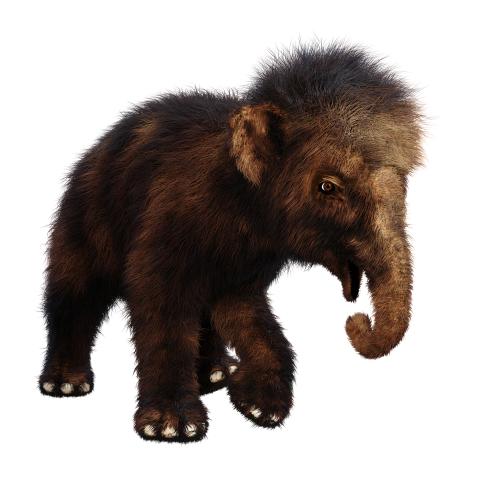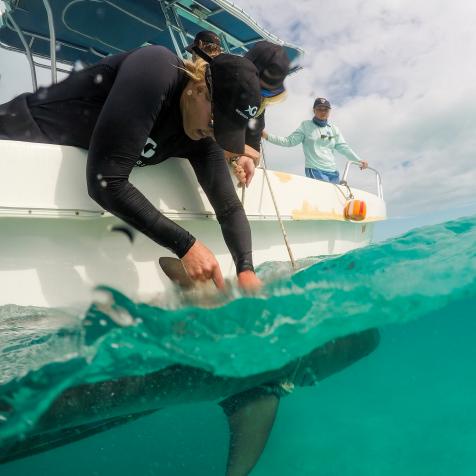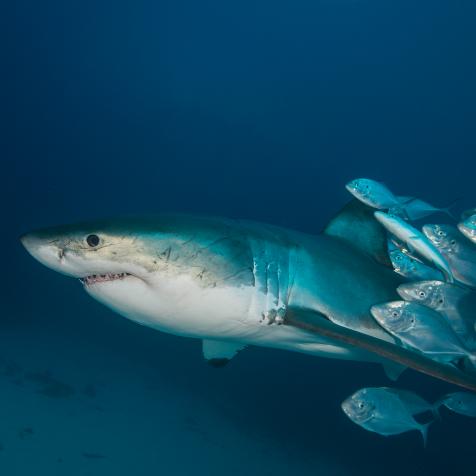
peng song
Canadian Museum Rediscovers a New Ancient Shark Species - The First of its Kind
The Canadian Fossil Discovery Centre has recently “rediscovered” an ancient shark skeleton that has been sitting in the museum’s collection for nearly 50 years. Could this shark be a part of a newly discovered ancient shark species?
This fossil’s original discovery was in 1975 on a farm just west of Morden, Manitoba. The skeleton was brought into the museum and was forgotten within the ever-growing fossil collection. The skeleton was hidden in the collections room for over 40 years and the center just recently found the fossil in its storage around eight years ago.
Adolfo Cuertara, the executive director of the Candian Fossil Discovery Centre, explained that “It’s a very special shark for many reasons. It’s highly possible that we are talking about a new species.” Although the shark has not been given a scientific name yet, the museum has unofficially named the skeleton, “Dave”, in honor of the farmer on whose land the skeleton was found.
After the fossil rediscovery, Dave was exhibited at the fossil center museum. Dave is around 15 feet long and is one of the largest well-preserved shark skeletons in the entire world. Within the paleontology world, complete shark fossils are extremely rare due to their soft cartilage which disintegrates as they age. Dave’s shark species are filter feeders with no teeth, who receive their nutrients by absorbing them out of the water. Cuertara emphasizes Dave’s uniqueness by explaining, “The shape of the jaws and the skull and the kind of structures that it has, because the preservation is really amazing, is telling us that it is probably going to be a new species. The problem is now we need scientific papers, scientific research and this paper is underway.”
The Candian Fossil Discovery Centre is hopeful that more scientific research will provide more information on Dave’s ancient shark species. For now, Dave is currently on display at the Canadian Fossil Discovery Centre and the museum has the exhibit up to date with their current information.
















